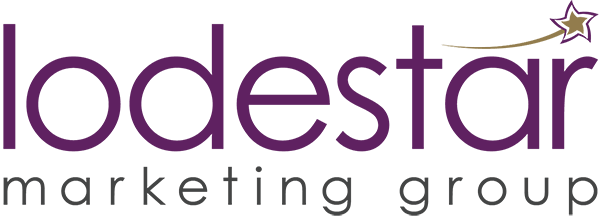
Unlocking the Future of Online Advertising: Navigating the Post-Cookie Era
Unlocking the Future of Online Advertising: Navigating the Post-Cookie Era https://www.lodestarmg.com/wp-content/uploads/2024/05/unlocking-future-online-advertising-navigating-post-cookie-era-1024x451.png 1024 451 lodestar marketing group lodestar marketing group https://www.lodestarmg.com/wp-content/uploads/2024/05/unlocking-future-online-advertising-navigating-post-cookie-era-1024x451.pngAs the digital advertising landscape undergoes seismic shifts, it’s imperative for marketers to adapt their strategies to stay ahead of the curve. With the imminent deprecation of third-party cookies in browsers like Google Chrome by July 2024 (a moving target), the industry is bracing for a fundamental change in how online campaigns are executed and measured.
At Lodestar Marketing Group, we understand the importance of staying informed and prepared for these changes. That’s why we’ve compiled this comprehensive guide to help you navigate the post-cookie era with confidence.
Understanding Targeting Capabilities by Platform
Despite the impending demise of cookies, major advertising platforms have been proactively developing alternative targeting methods to ensure advertisers can still effectively reach their desired audiences. Here’s a breakdown of current targeting capabilities across various platforms:
Google Ads:
- Utilizes privacy-centric targeting methods, including audience segments, demographics, keywords, and placements.
- Offers Enhanced Conversions, Advanced Consent Mode, and Offline Conversions as alternatives to cookie-based tracking.
Social Platforms (e.g., Facebook, Instagram):
- Relies on first-party data from user profiles for audience targeting based on demographics, interests, and behaviors.
- Introduces Conversion API as a server-side tracking solution for improved measurement.
LinkedIn:
- Leverages user profile information for targeting options such as company, demographics, education, and job experience.
- Provides Conversions API for securely connecting online and offline data to LinkedIn campaigns.
Programmatic Platforms:
- Embraces multiple data sources and topic phrases for audience targeting.
- Integrates with third-party data providers and emphasizes privacy-compliant practices.
Adapting to Cookie Deprecation: Recommendations from Platforms
As the industry shifts away from cookies, platforms have rolled out recommendations to help advertisers maintain visibility and optimize campaign performance:
Google:
- Enable Enhanced Conversions, Advanced Consent Mode, and Offline Conversions for more accurate measurement.
- Update privacy policies and implement enhanced tracking methods for comprehensive insights.
Facebook (Meta):
- Adopt Conversion API alongside the Pixel for server-side tracking and improved ad targeting.
- Explore automated integrations with CMS platforms or manual methods for setup.
LinkedIn:
- Consider Partner or Direct integration of Conversions API to securely connect data and measure campaign impact.
- Allocate resources for setup and integration to ensure seamless implementation.
Conclusion
The impending full deprecation of third-party cookies presents both challenges and opportunities for advertisers. By embracing privacy-centric targeting methods and leveraging alternative tracking solutions, marketers can continue to drive effective online campaigns while respecting user privacy preferences.
At Lodestar Marketing Group, we’re committed to helping our clients and partner agencies navigate these changes seamlessly. Stay tuned, we’ll share more insights and best practices as we journey into the post-cookie era together.
- Posted In:
- Digital Marketing
